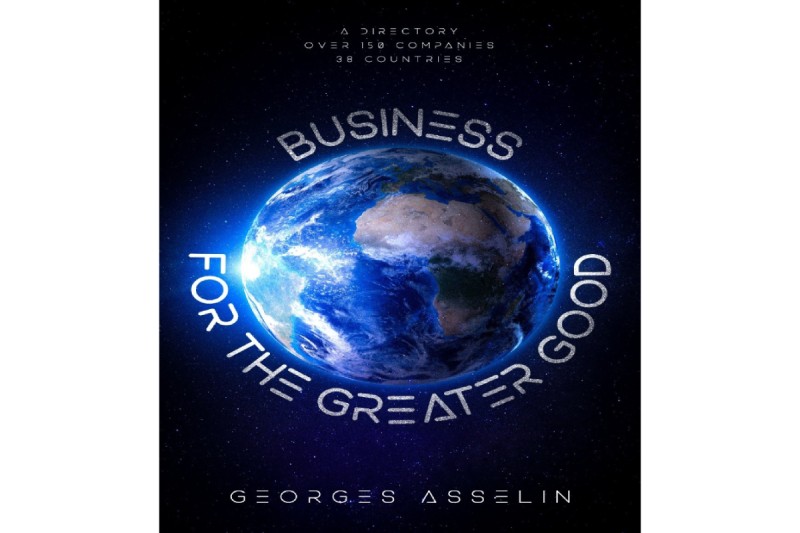When we talk about business environments, the concept of eco-entrepreneurship has risen to the forefront, fostering a new generation of innovative and eco-conscious entrepreneurs. The paradigm shift underscores a growing trend where businesses seek to balance profitability with ethical considerations. It’s a transformative approach that emphasizes social responsibility, environmental consciousness, and financial success.
Profits and Environmental Sustainability
Eco-entrepreneurship refers to the practice of establishing and managing businesses that not only generate profits but also actively contribute to environmental sustainability.
It’s a paradigm shift that has gained traction globally, attracting individuals who recognize the urgent need for businesses to play a pivotal role in addressing environmental challenges.
Sustainable Business Models
At the core of eco-entrepreneurship lies the essence of sustainable business models. These models are designed to minimize negative environmental impacts while maximizing positive contributions to society.
They encompass various strategies, including but not limited to the utilization of renewable energy sources, reduction of carbon footprints, waste reduction, ethical sourcing, and fostering social responsibility within the community.
The Impact of Effective Business Frameworks
Successful eco-entrepreneurs are those who navigate the complexities of sustainable business models, recognizing that profitability and environmental stewardship can go hand in hand.
They understand that integrating sustainable practices into their business frameworks isn’t just a moral obligation but also a strategic advantage. It involves considering long-term impacts on the planet while ensuring a prosperous bottom line.
The Importance of Valuing Sustainability
One of the pivotal factors driving the rise of eco-entrepreneurship is consumer demand. In an era where consumers are increasingly environmentally conscious, businesses that prioritize sustainability often stand out and appeal to a growing market segment seeking eco-friendly products and services.
Takeaway
The journey of an eco-entrepreneur is multifaceted, requiring a blend of innovation, dedication, and an unwavering commitment to sustainability. It involves leveraging creativity to devise business models that are economically viable, socially responsible and environmentally friendly.
As aspiring entrepreneurs venture into the realm of eco-entrepreneurship, they embark on a path that not only has the potential to yield financial rewards but also leaves a positive impact on the planet.
Interested in exploring sustainable business models further? Buy your copy of “Business…for the Greater Good” by George Asselin today!


